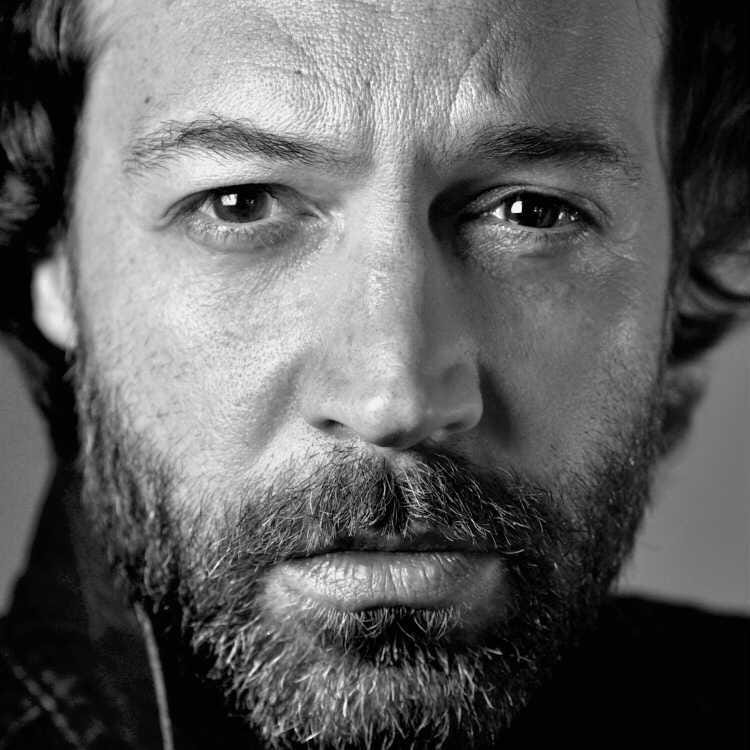On the campaign trail, Joe Biden treated Trump’s warnings about China with a dismissiveness that, but for its transparently calculated nature, was almost cavalier. Now, as president, Biden himself is warning that, at least when it comes to infrastructure, America is in danger of having (his metaphor) its lunch eaten by Beijing.
More is at play in this turnabout than hypocrisy or stupidity. Previous to the triumph of digital technology over the world—the kind of triumph modern globalists have fantasized about since globalism first became a fantasy—television was the technology that had mastered the world. Globalism caught on massively due to the very nature of the TV medium, which shaped everyone in its environment to accept the supremacy of those dreams best imaged for mass adoption (“visualize world peace,” for instance, or its opposite, “the Cold War”). Imagination was the means by which these imaged dreams achieved mass adoption (what we now call, in the context of socialized televisual media, “virality”), and the key concept that activated the imaginative pathway was the speculative proposition: “what if—?!?” Politics and policy became (and, lagging the digital triumph, often still is) a function of a war of what-ifs—a major one today being Biden’s speculative proposition about China: OMG you guys, what if China eats our lunch?
Now, the digital triumph means that the televisual medium no longer holds formative sway over our inner and outer world. As a result, digital life entails the breakdown of the mechanism of rule involved in activating the imagination through weaponized what-ifs so as to achieve mass adoption of expert dreams. The mystique, the potency, the magic of what-ifs is seeping away, much to the bewildered and panicky chagrin of the ruling class. In today’s now-digital environment, the psycho-social authority and legitimacy of what-ifs is being replaced by a new legitimate authority, that of “what is,” as in, what has already happened. The ruling question orienting politics and policy under the authority of what is yields, instead of endless “what ifs,” a long chain (a blockchain?) of “now whats.” So: China ALREADY ate our lunch. Now what?
See the difference? This shift in perspective illuminates what is really at stake, what is real, in the current struggle among and within China and the US to define the geopolitical reordering of the world in consonance with the digital triumph. That China is already so focused on what has already happened, while the US elite is still in televisual dreamland, illustrates exactly why and how our lunch is being eaten, and how thoroughly our sitting elite will have to be retired in order to respond constructively.






"Fantasy" at least presents a vision of the future to strive for. "Digital", in this framing at least, seems to allow only for reaction to present circumstance. What is there in the new dispensation to motivate us, to activate our (ahem) imaginations?
The answer is implicit, I think...something to do with digital re-grounding us in identities which we can then project into the future...but I'd like to see you develop it.